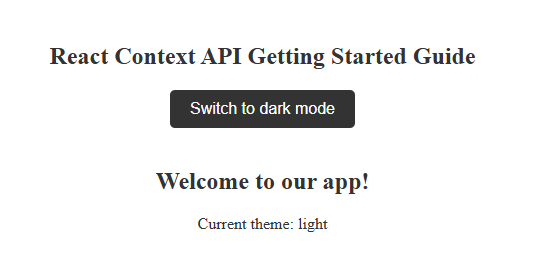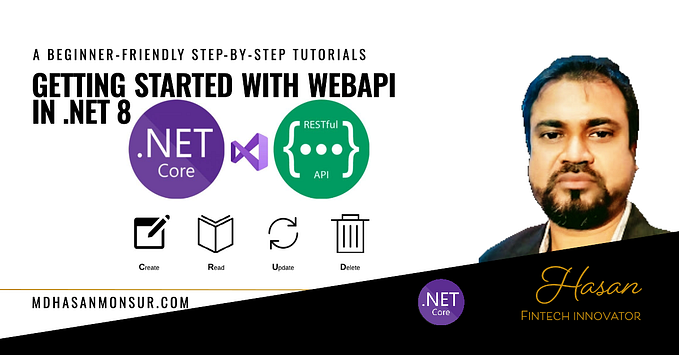‘Crooked Lines’ — Holding on to Dreams Despite the Monsters on Our Paths

Have you ever wondered what lies beneath the storyline of your favorite books — what the authors were going through at the time the stories were written? They may face monsters like financial ruin, loved ones in crises, crumbling relationships. Think J.K. Rowling, who was very poor and struggling when she managed to write the first Harry Potter book. As awful as those situations are, I theorize that they sometimes make the writers’ need to escape more pronounced. Those that grip their fantasies more tightly may create stories that are far deeper than they might have been if life was a yummy box of chocolates. And those experiences resonate in their writing long after the ghouls are beaten back.
There’s a writer named Jenna Zark whose work I adore and who navigated through plenty of personal trials. While she was creating some of her early works of fiction, Jenna’s marriage to a Jewish cantor fell apart. And, like Rowling, she flailed about as she raised her young son, Josh. Her inspiring new book, “Crooked Lines,” chronicles her personal experiences and how they eventually led to smoother roads. Along the way she also explains how certain Jewish traditions and holidays have personal resonance.
Jenna captured my admiration over the years with her inventive plays and young adult fiction. She has a growing fan base among theatergoers, middle-school readers, parents, teachers, those spiritually inclined — and all sorts of other folk that just like exceptionally well-told stories. She was enormously helpful as a sounding board when I wrote my first novel, “The Juice.”
Recently I asked Jenna some questions about her journey, and how it’s changed her. Here’s what she had to say:
Hold On to Dreams
If there was one simple message you could convey to young, divorced mothers struggling to find their way in life, what would it be?
Don’t give up on the dreams you have for yourself and your family, even if everything seems bleak right now. I remember so many nights where I was afraid, and the way I coped with it was imagining huge hands of light around me while trying to sleep. I imagined those hands belonged to God.
I’d also say not to stay home from gatherings or worship services because you don’t have a partner. You and your children bring your own unique perspectives to any gathering and should always be welcome there. Your presence is important, and you do not have to be part of a traditional family to be connected to your faith — or any group that brings you joy.
Are you more religious now, after going through such tough times, than you were before?
The short answer: I’m not really sure! In many ways I was more observant of Jewish Law when I was married to a cantor. After the marriage was over, I looked at each holiday and figured out what it meant to observe it on my own. I was still going to synagogue and praying, but I am probably going less frequently to synagogue now and praying more. I feel there is a more personal connection to God at this point that wasn’t there before.
At the same time, I do not feel more religiously observant than I used to be. I do think life is hard, overall, and having a community that is supportive and kind during times of trouble means a lot more to me than it ever did before.
If you had known, back at the start of your journey as a single mom, how your life has changed, what would make you the most surprised?
The biggest surprise would be meeting the wonderful, extraordinary, amazing man who I ended up marrying. He loves Josh tremendously, which was perfect as we came as a “package.” He has the best sense of humor I have ever found on the planet and is understanding and intuitive and the kindest person I know.
I think of all the crooked lines I faced, finding my husband after a divorce when I thought I’d never find anyone again was an unexpected, incredible surprise. Because he wasn’t Jewish, I wasn’t sure if it would work to start seeing him — but his support for a Jewish home — and most of all, our connection as a couple, made me sure I was on the right path.

Of all the Jewish holidays you write about, which is your favorite? And why?
I love the harvest holiday of Sukkot in fall, though I would prefer not having to build my own sukkah (booth) before celebrating. I guess I love the parties and gathering with friends for what seems like a picnic. It’s a great holiday for pandemic times because you celebrate outside!
Still, my favorite holiday would be Passover, though getting ready for it is a bear, and as my friend Stacey Dinner Levin says, “Only the strong survive” this ritual prep time, which I write about in “Crooked Lines.”
As a child I always felt the Passover seders were too long — but now, being with friends and talking the night away is something I treasure. So, I guess Passover wins at this point. The pandemic has dampened some of my abilities to be at larger gathering and I hope that changes soon!
Other People’s Monsters
In the book, you don’t make organized religion out to be completely positive in all regards. For example, one of the moments you relate in the book that still sticks with me is when you were passed a note, anonymously written, that informed you that women should wear stockings in temple. Bare legs were frowned upon. Can you tell us a little bit about how you responded, and if there was anything that you took away or learned from that experience?
What I learned at that point was that certain congregants — certainly not all, but some — had values that were directly in conflict with mine. I remember a friend counseling me to dress more stylishly at synagogue — besides wearing stockings, really upping my game in terms of fashion.
The problem for me with this advice is that being the best-dressed person in the room simply isn’t who I am, and never will be. And congregants who care about appearances can be particularly hard on clergy and their families, which really isn’t fair to them as individuals.
If congregants like their rabbis and cantors for the way they do their jobs, can they forgive them not having perfectly dressed wives and children? I hope so, and I hope it’s better now than it used to be. Because religion should have nothing to do with appearances of any kind.
I’ve followed your writing for many, many years, and know that you’re also a very fine playwright, and have also written young adult novels. Which form of writing is your favorite, and why?
I loved writing “Crooked Lines,” because it was a way to reach out in a really personal way to everyone who’s ever had to navigate a tough transition. My favorite writing form, though, would be playwriting.
I love the action-oriented movement that happens in a play, the ability to mess with time and chronology, and the opportunity to explore characters on a level that can’t be done any other way, except perhaps screenwriting.
What are we likely to see from you next? And can you tell us a little bit about it?
I am currently working on a musical about a couple who gets laid off in 2008 during the Great Recession, which changes their lives completely. The woman becomes a truckdriver. (And yes, this is a comedy.) The man becomes a house stager, and they both have to figure out how to stay together because the woman needs to be gone for long stretches of time on the road.
I’m excited about writing it and working with a spectacular composer, Denise Prosek, who is also a music director for dozens of theater companies. We recently signed a contract to develop the piece at Northern Sky Theatre in Door County, Wisconsin.
I’m also working on the third and last part of my middle grade Beat Street series about a young girl growing up in a Beat Generation family in 1958. I don’t want to say too much about book three at the moment, because I’m still figuring it out. I can tell you that it takes place in San Francisco (while the other books were in Greenwich Village, New York for the most part). In book three, I can introduce the poet Lawrence Ferlinghetti and his bookstore, City Lights. That’s the fun part.








